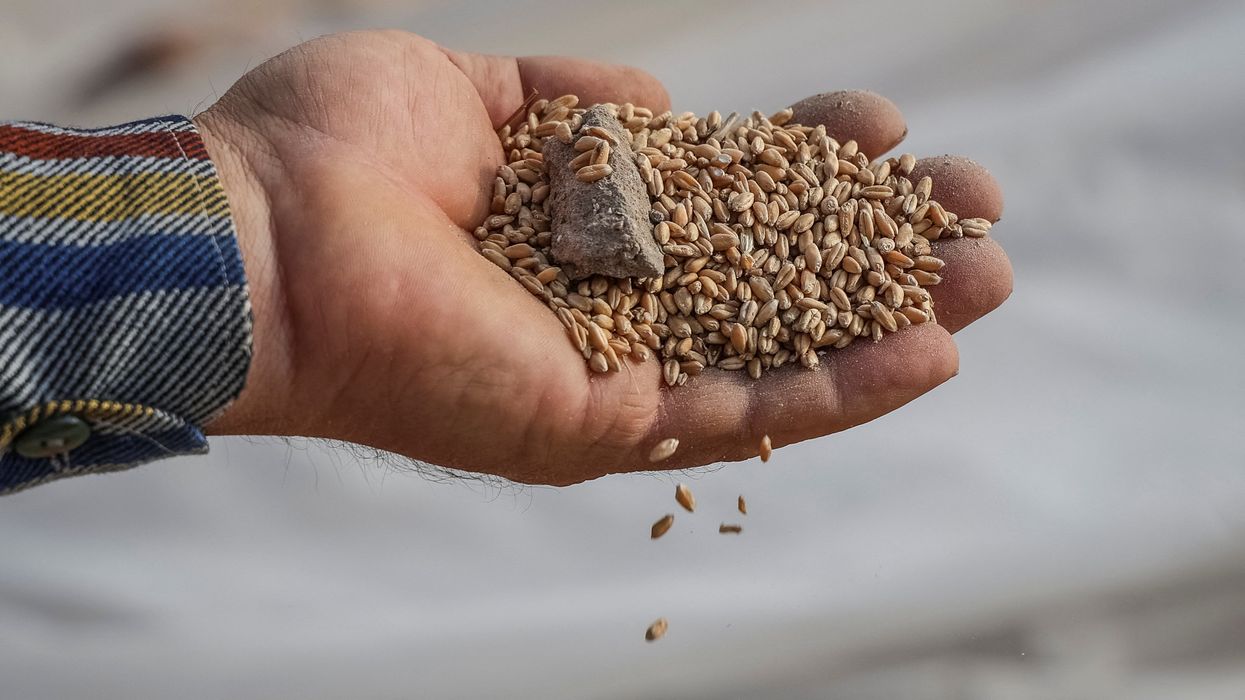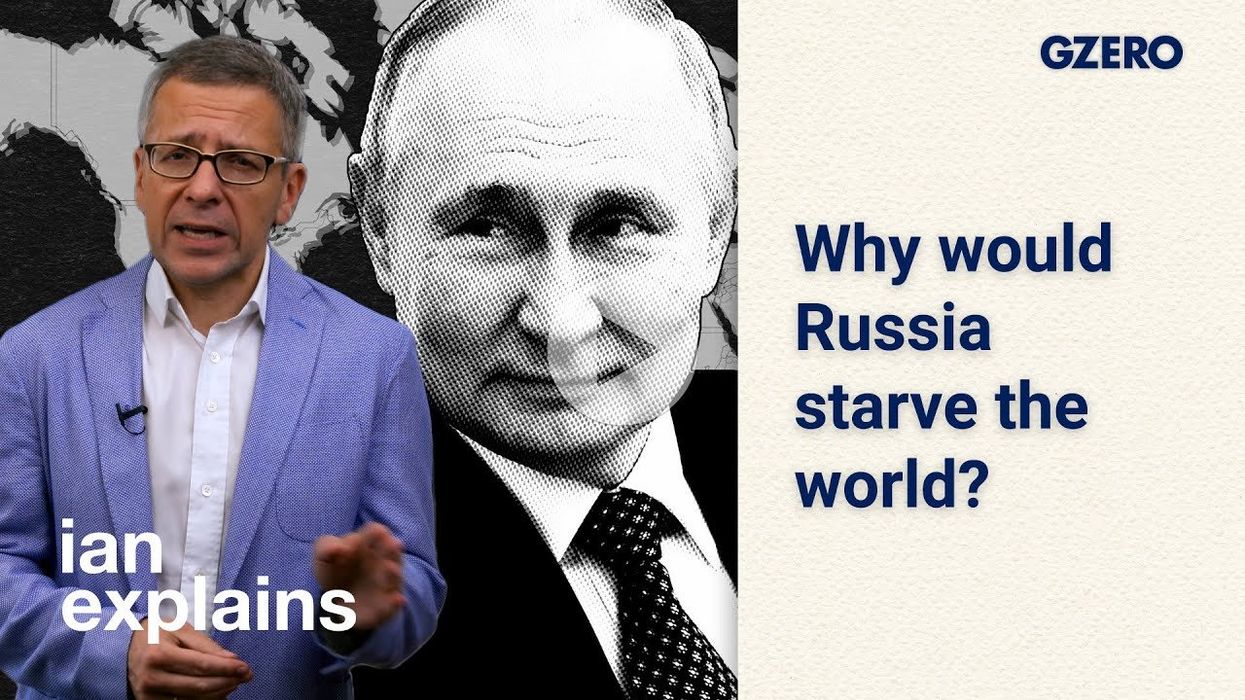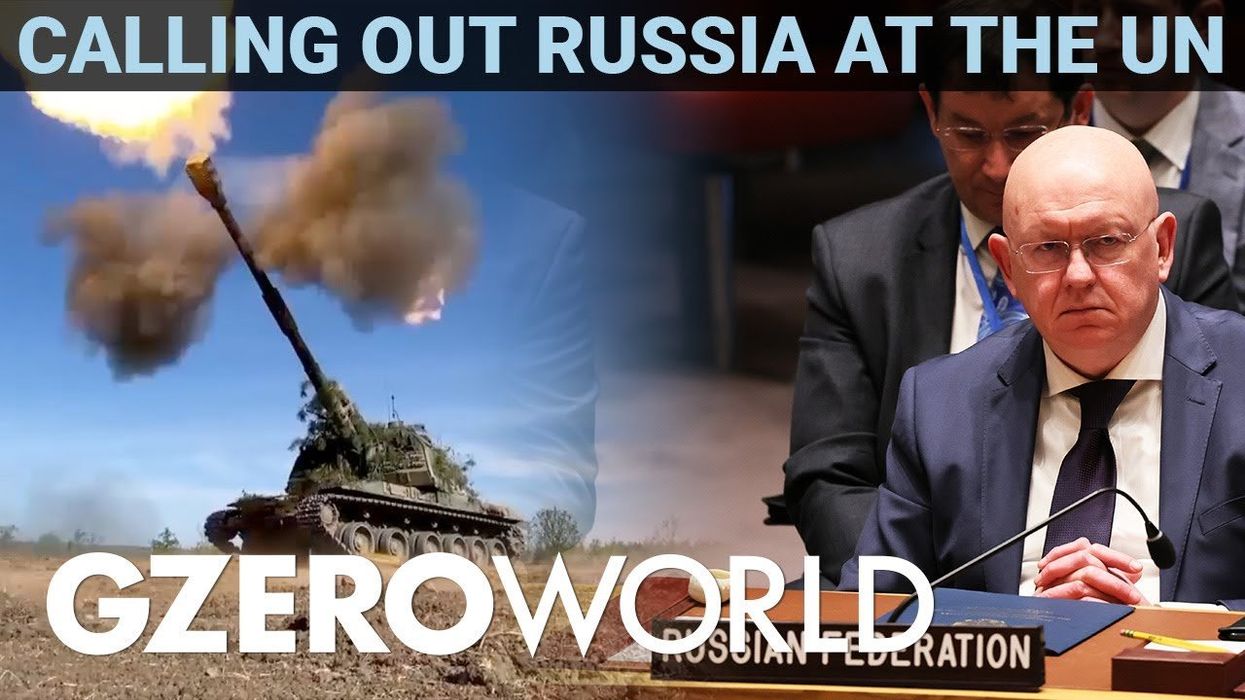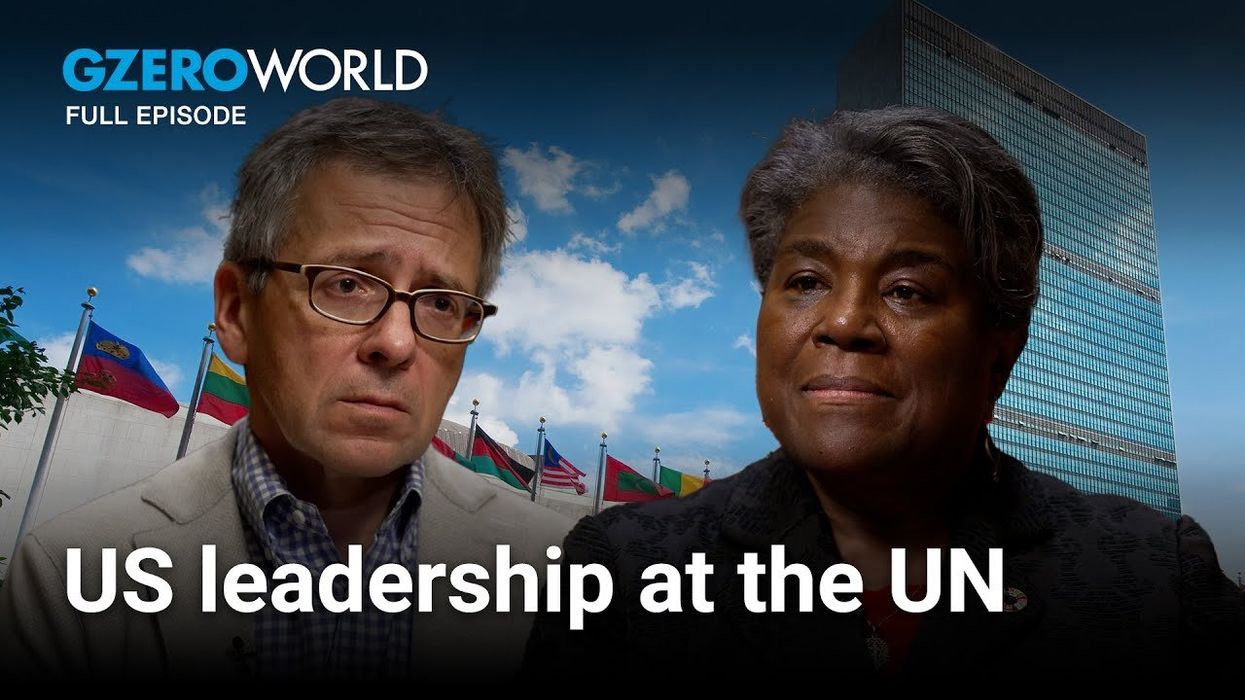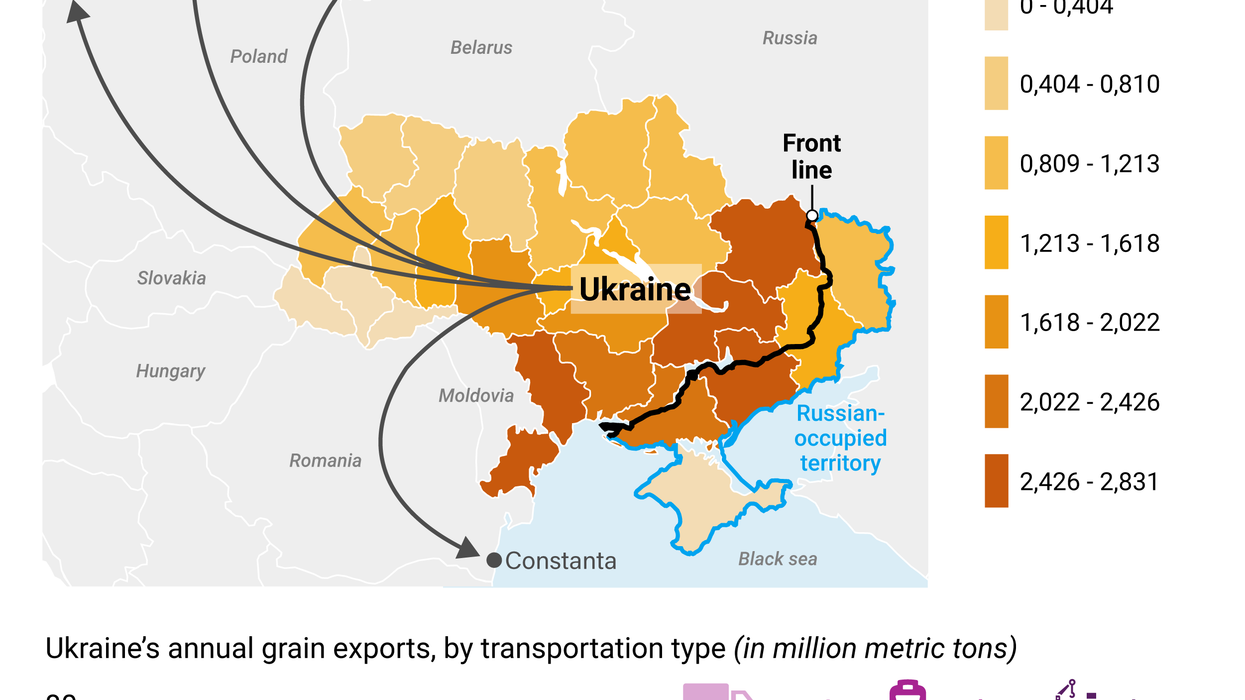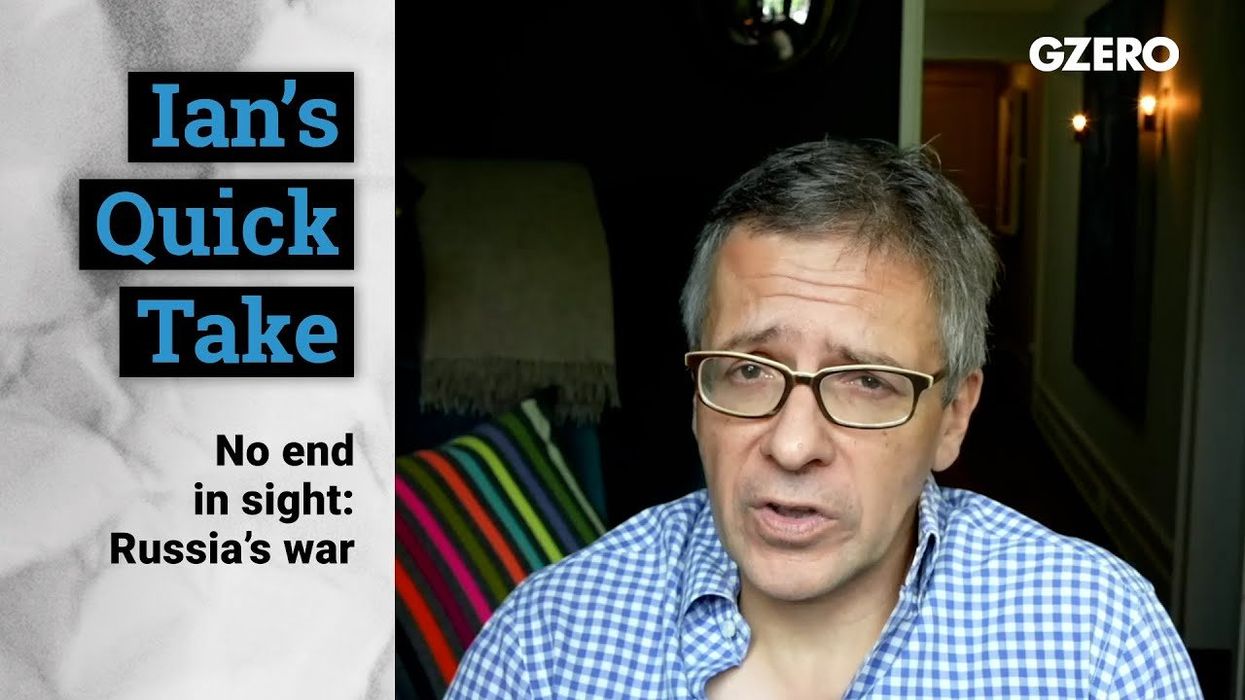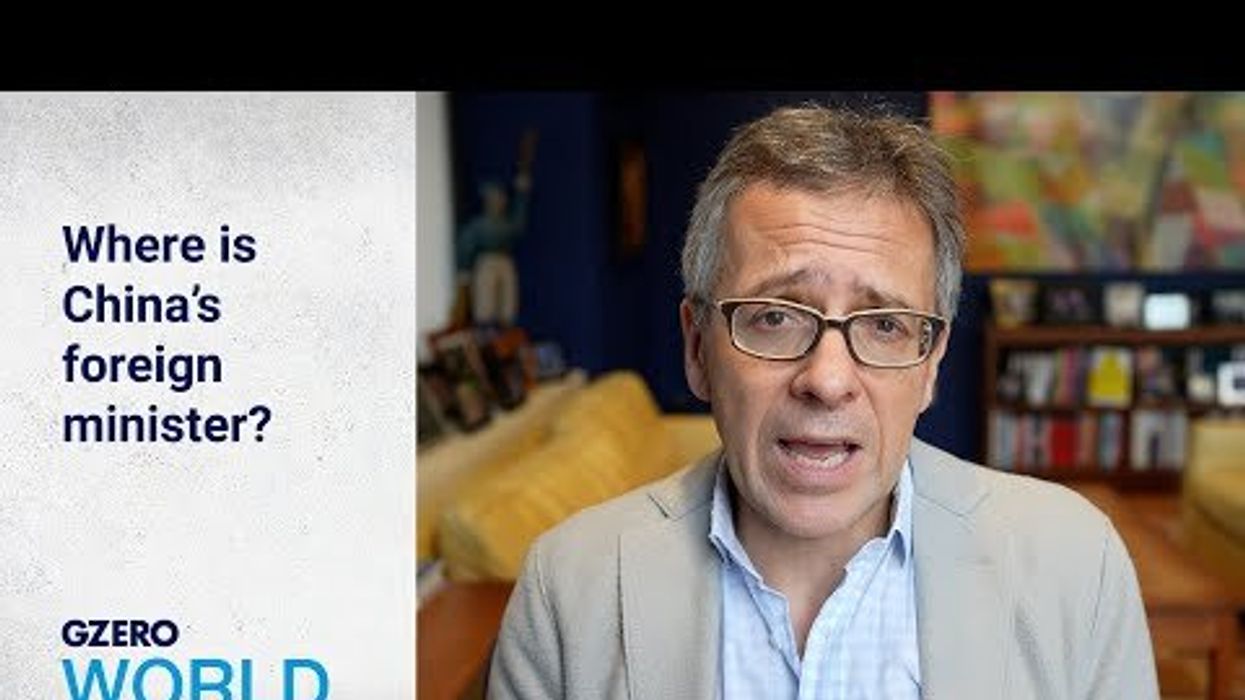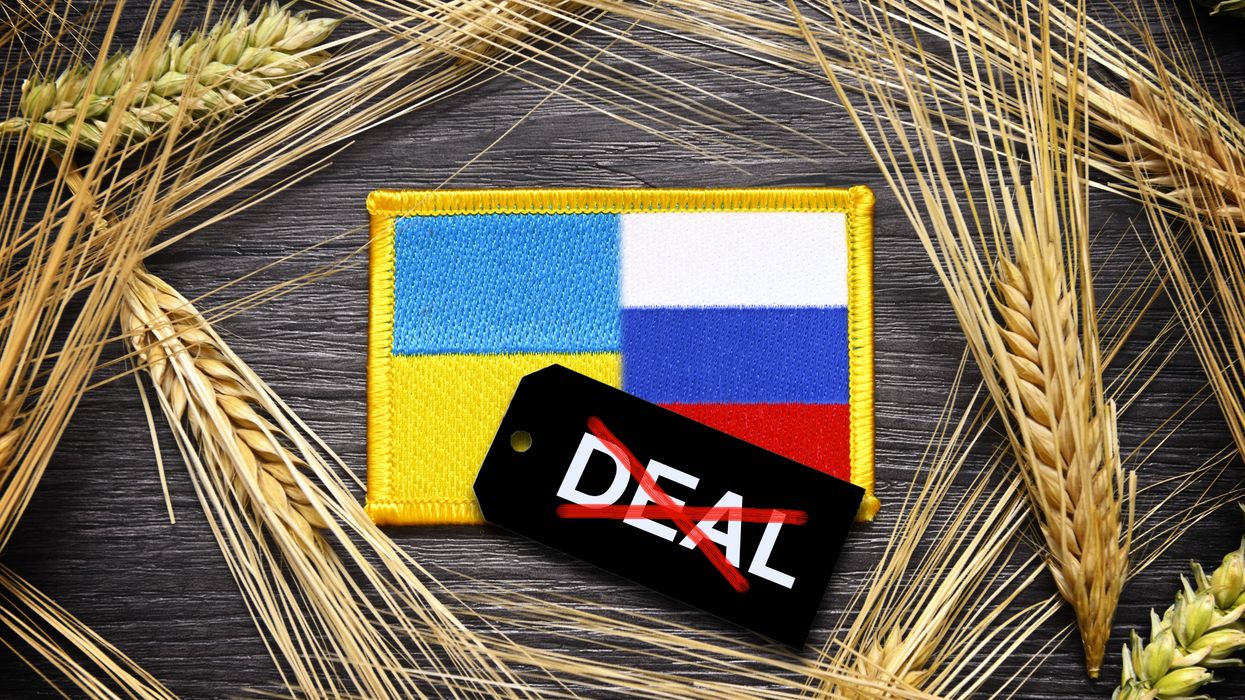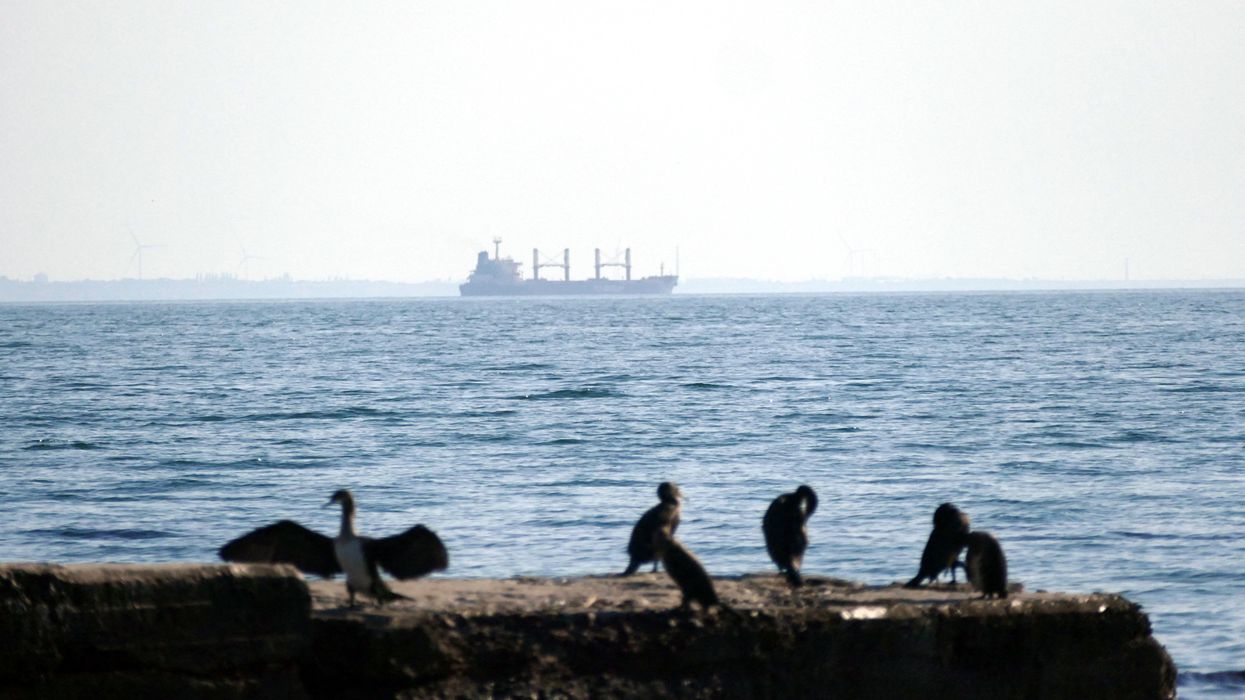What We're Watching
No grain from Ukraine
Poland, Slovakia and Hungary have once again announced their own unilateral restrictions on Ukrainian grain imports, after the European Commission chose not to extend a broader import ban to five countries that border Ukraine.
Sep 17, 2023
